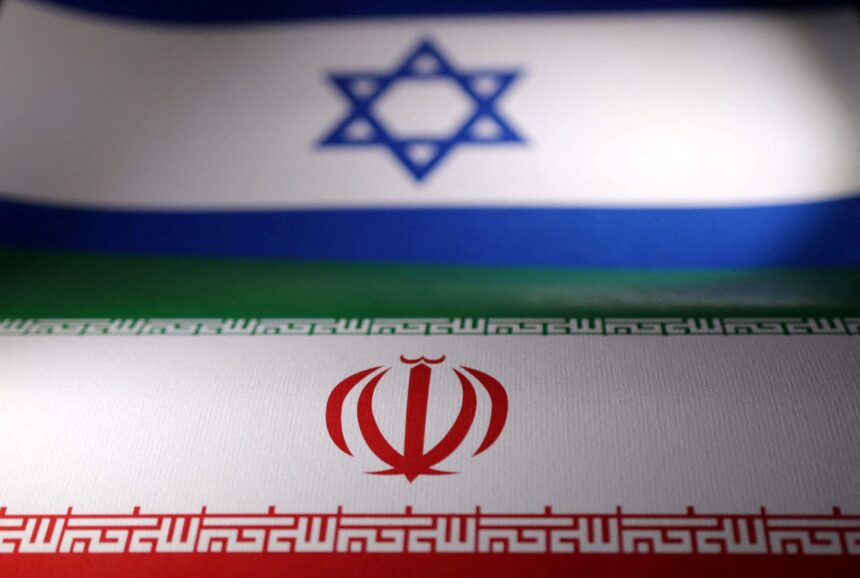The deepening hostilities between Iran and Israel have moved beyond covert operations and proxy confrontations, inching closer to open conflict — a shift that threatens to redraw the geopolitical landscape of the Middle East.
In recent months, a series of military escalations, including airstrikes, cyberattacks, and diplomatic brinkmanship, have signaled that the longstanding shadow war between the two regional powers is entering a far more volatile phase.
At the heart of this confrontation is Iran’s expanding influence through armed proxies in Lebanon, Syria, Iraq, and Yemen, countered by Israel’s aggressive policy of containment through pre-emptive strikes and international lobbying. Tehran, emboldened by strategic alliances with Russia and China, appears more willing to absorb risks, while Israel, backed by the U.S., is determined to maintain its security red lines.
The consequences are already reverberating across the region. In Lebanon, tensions along the southern border with Israel have reignited fears of a renewed war with Hezbollah. In Syria, Israeli airstrikes have intensified. Meanwhile, Gulf states are nervously watching the fallout, torn between economic ties with Iran and security partnerships with Israel and the West.
For Tehran, the stakes are existential. With domestic unrest, economic sanctions, and international isolation mounting, the regime faces growing pressure to assert its power abroad as a means of consolidating control at home. Yet, a miscalculation could invite direct retaliation, crippling strikes, or even a broader war.
Israel, on its part, risks overextension. While its technological and military edge remains formidable, a multi-front conflict — involving Hamas, Hezbollah, and possibly Iran itself — would stretch its capabilities and escalate civilian vulnerabilities.
Regional powers like Saudi Arabia and Turkey, as well as global actors including the United States, China, and the European Union, now face an urgent challenge: to de-escalate tensions before they erupt into a full-scale confrontation that could engulf the Middle East in a conflict of unpredictable scope.
As both sides dig in, the question remains: will strategic calculus prevail over ideological defiance — or has the Middle East crossed the point of no return?
